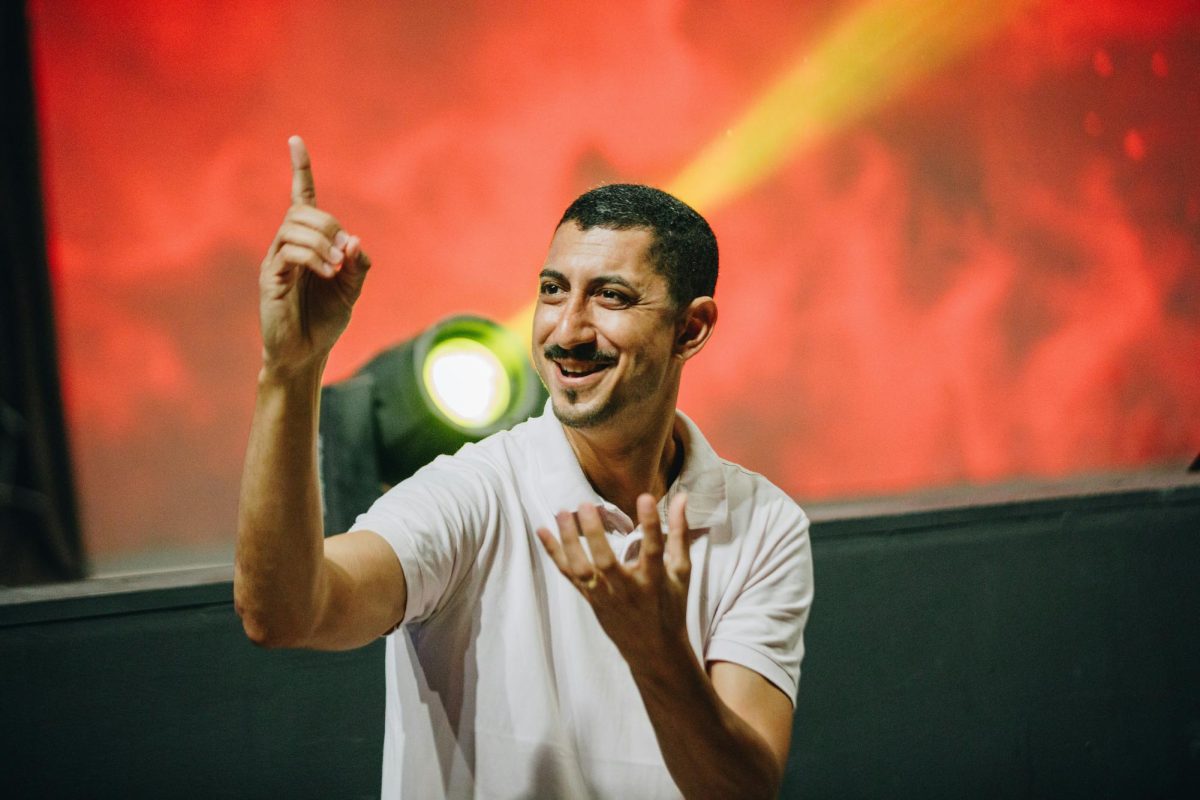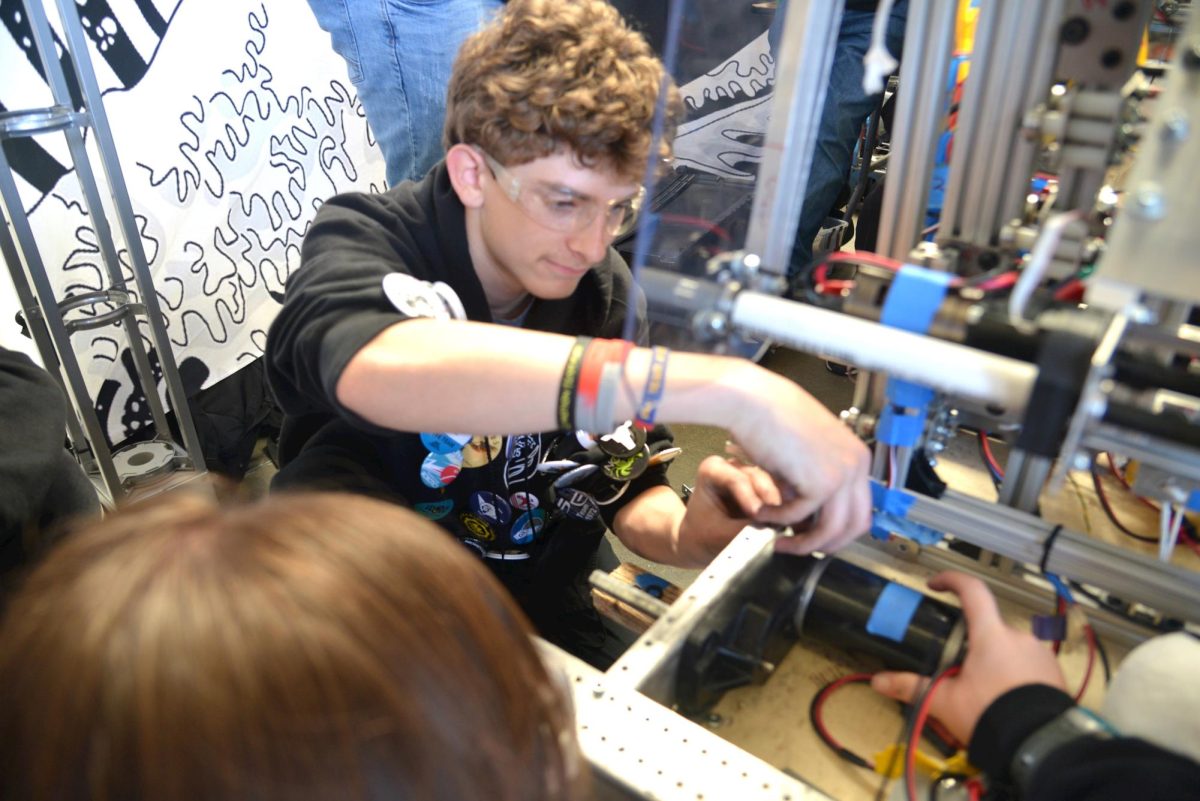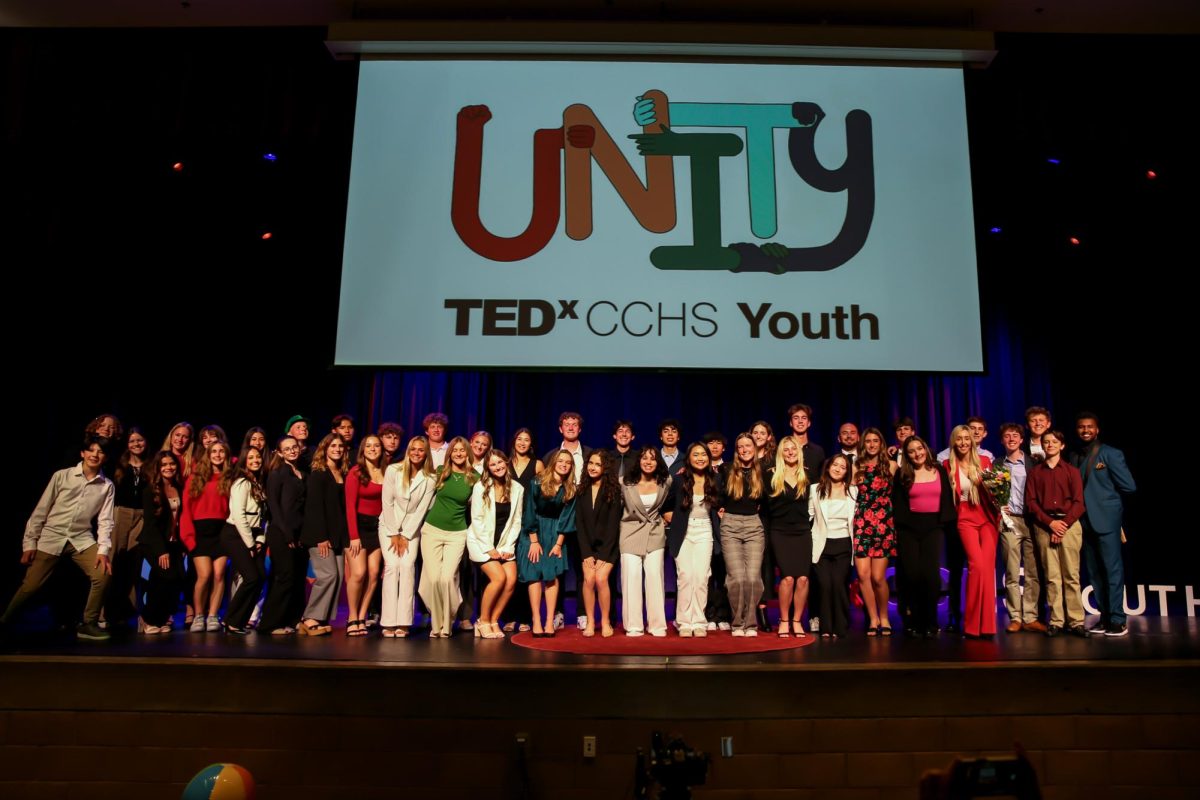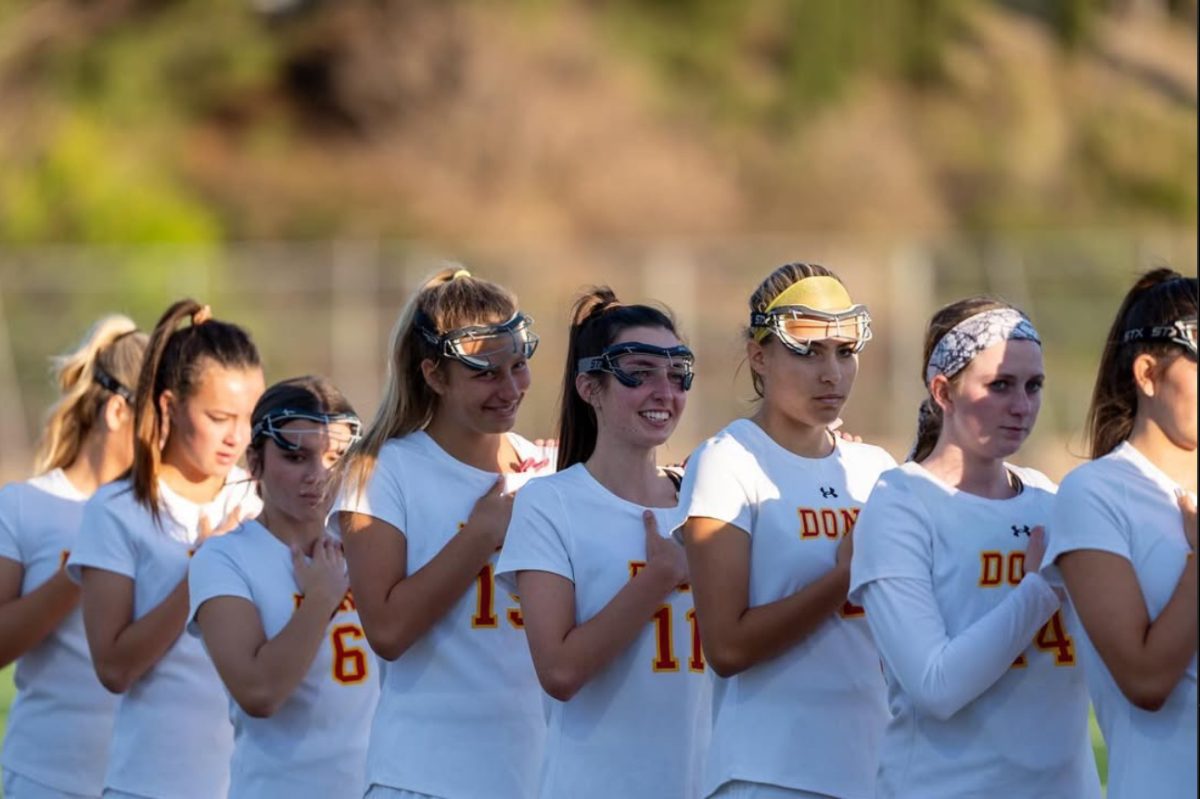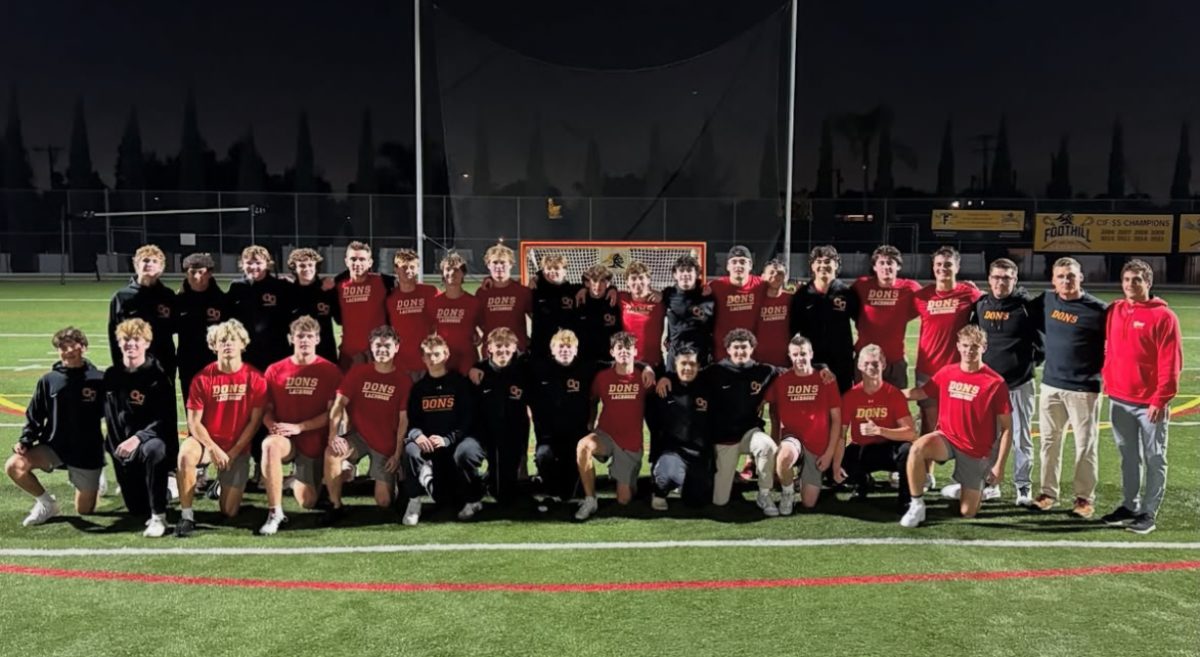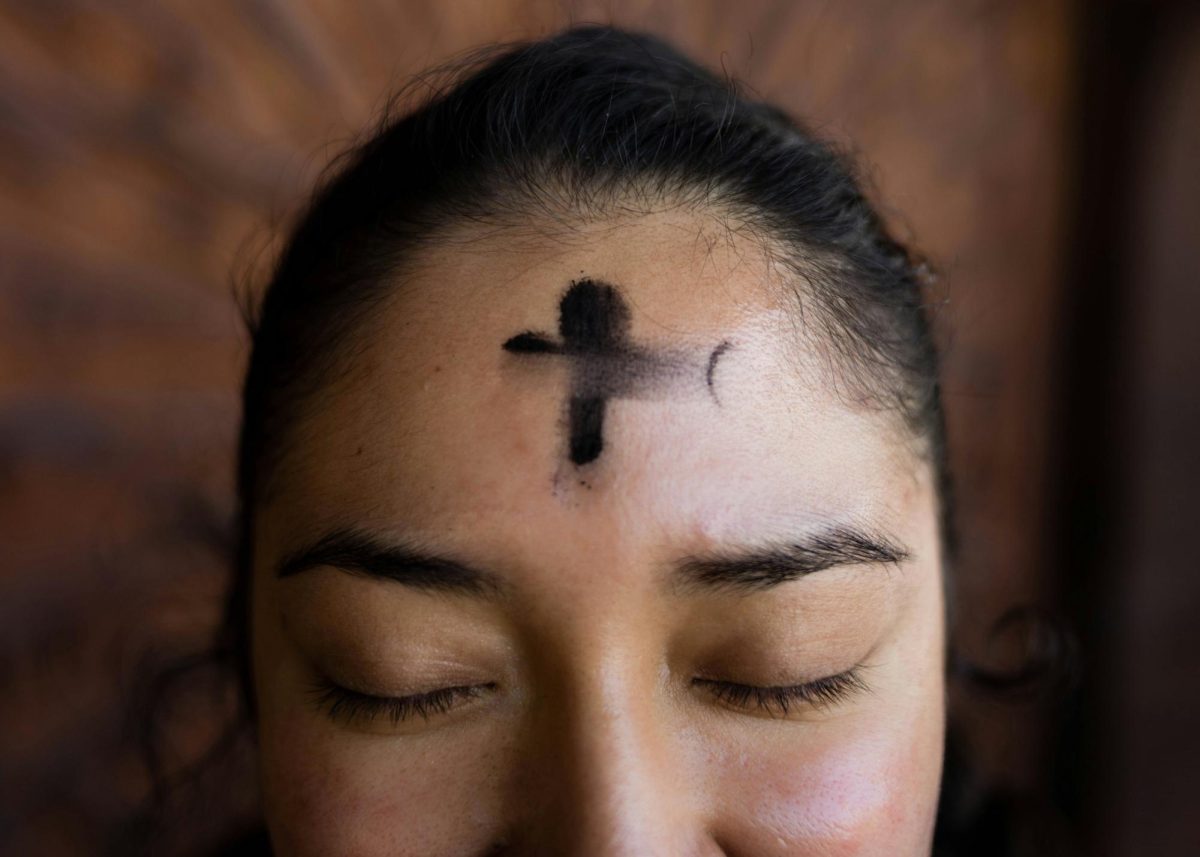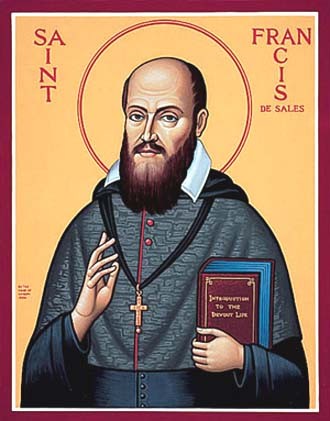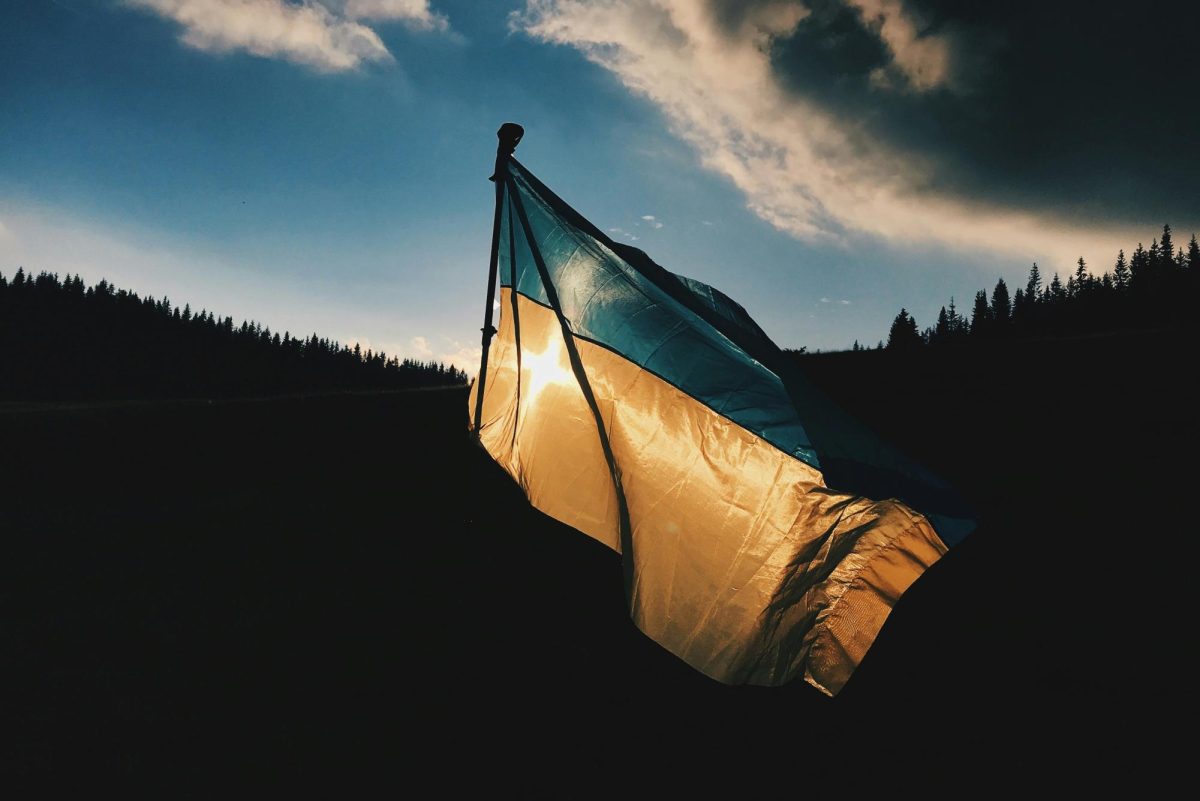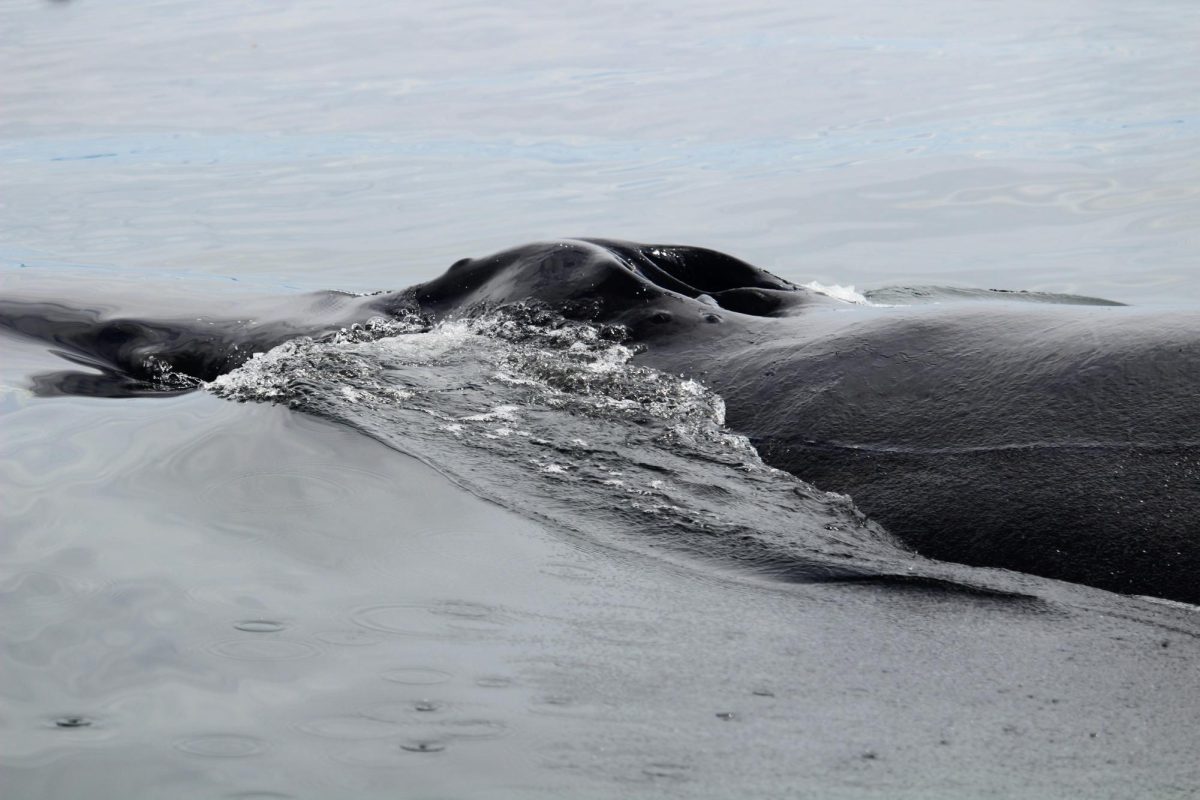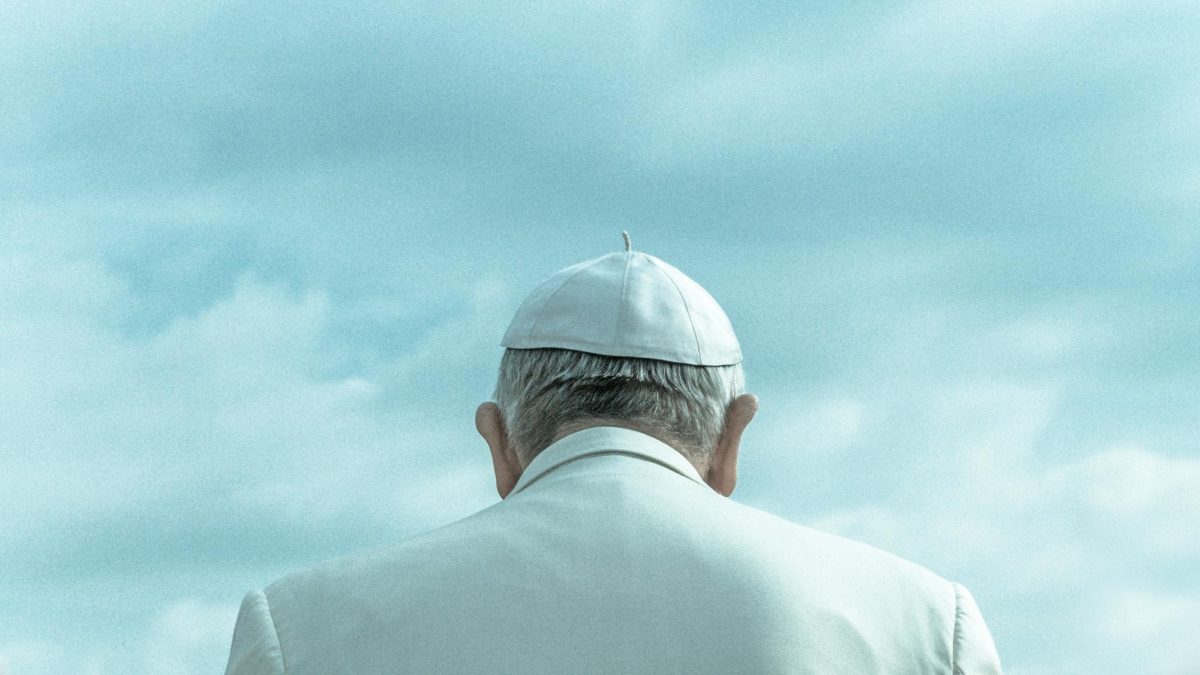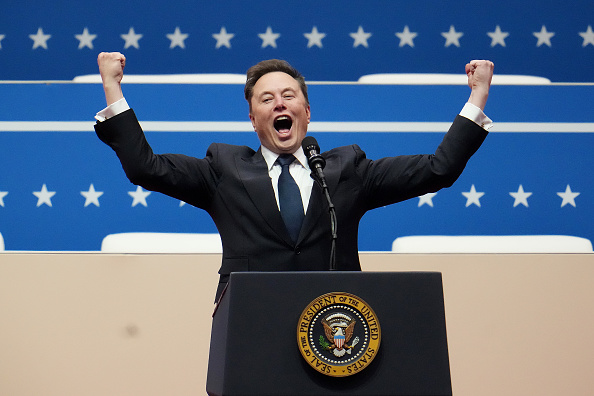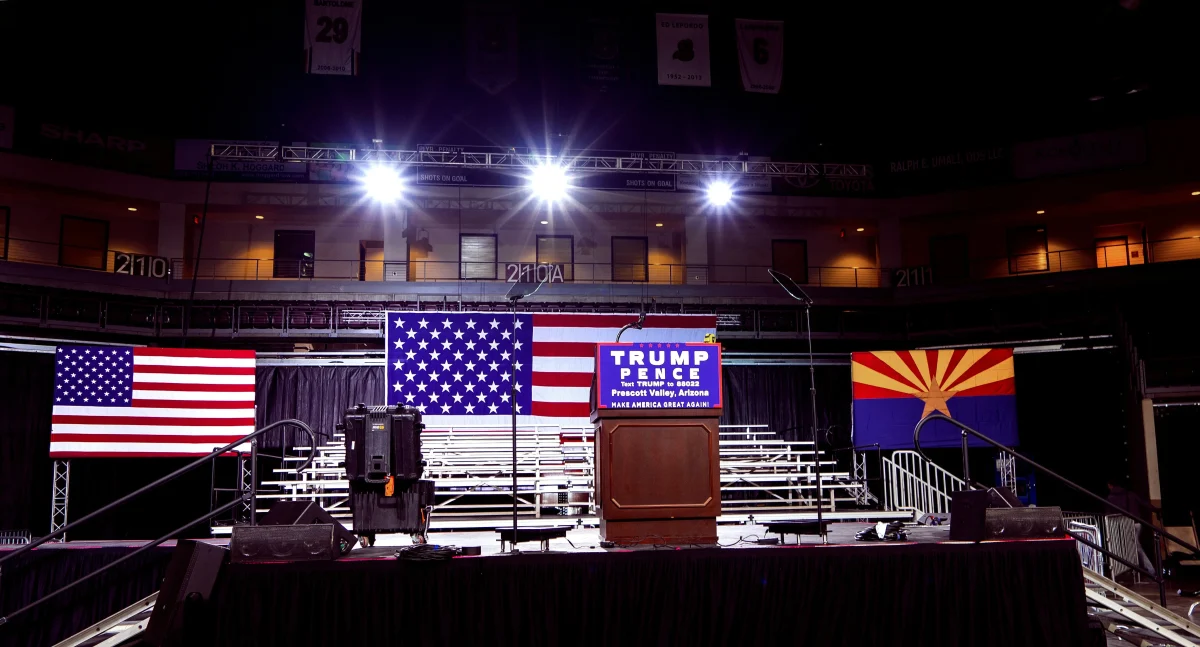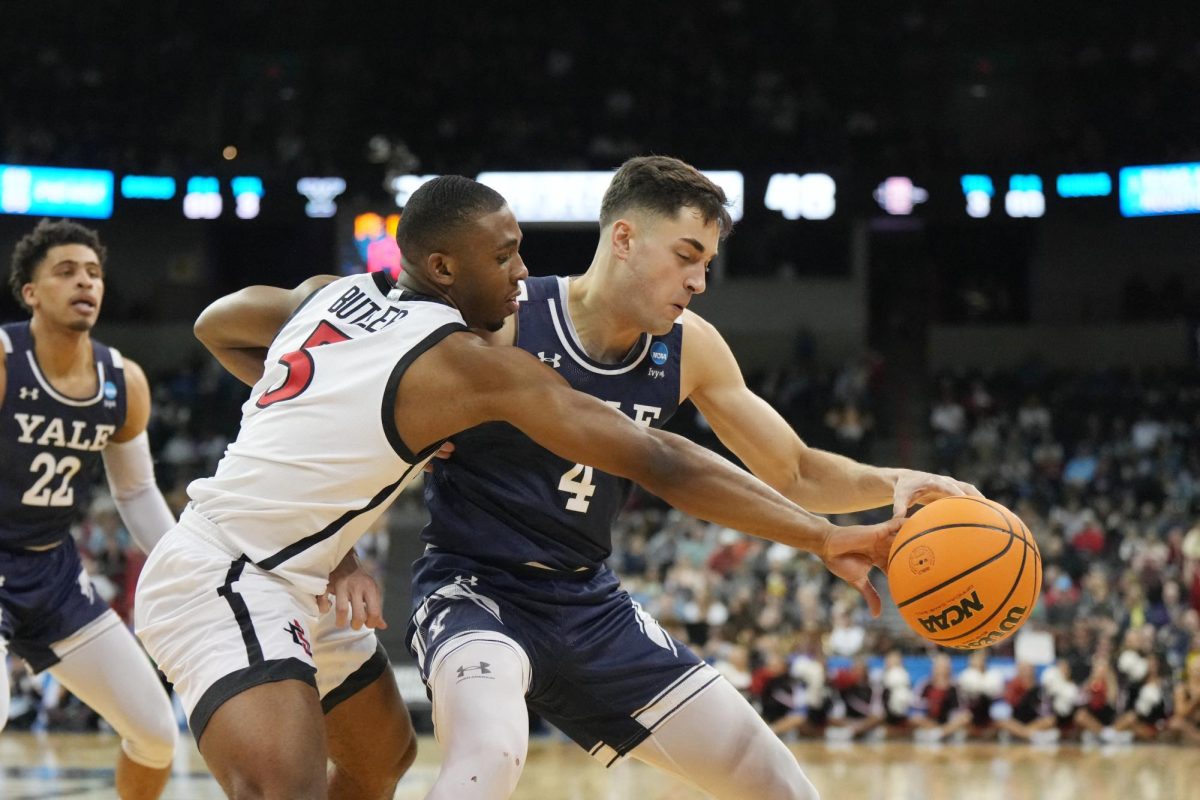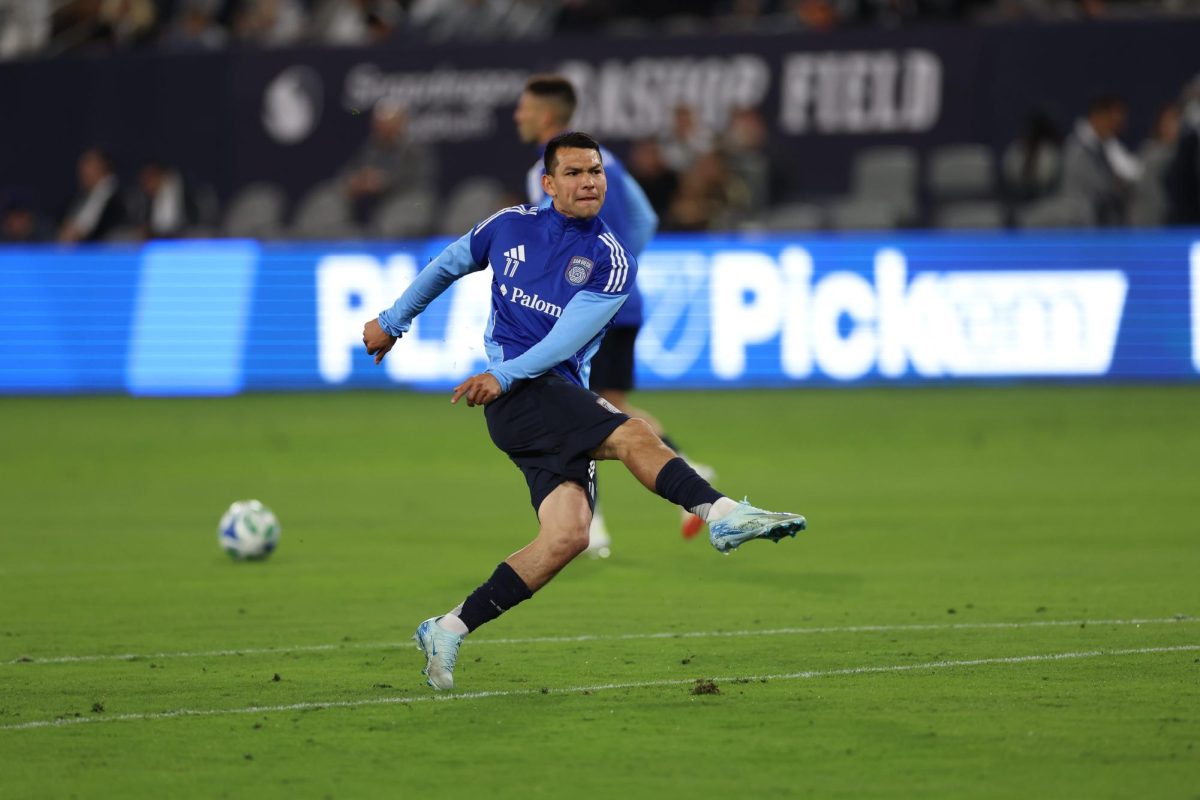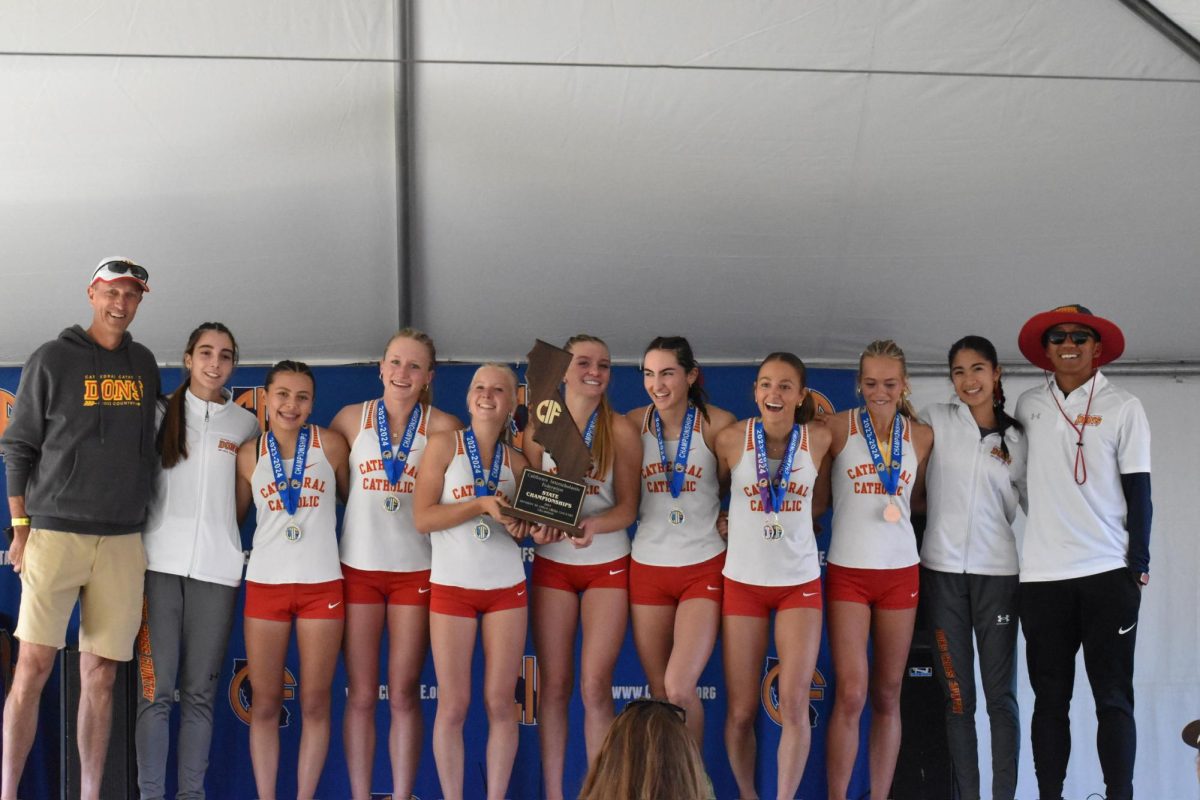Pope Benedict
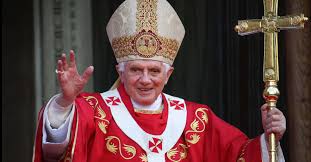
Phillip Chidell by Shutterstock
Pope Benedict was a very influential Pope who is remembered for his profound theological understanding of faith, prayer, and the Catholic Doctrine. He passed away on December 31, 2022.
Pope Benedict XVI passed away a few weeks ago, on December 31, at 95. Millions watched the funeral on television and attended by tens of thousands. Pope Benedict was the 265th Pope of the Roman Catholic Church until 2013 and was the first German Pope and second non-Italian Pope. Although he was only Pope for eight years, he is remembered for his profound theological understanding of faith, prayer, and Catholic doctrine.
Joseph Alois Ratzinger, born in 1927 in Germany, was the youngest of three children. His dad was a policeman, and his mom was a hotel cook. He was six years old when the Nazis took over Germany. His parents were practicing Catholics who opposed the Nazis government. He entered the seminary in 1939 at the age of 12, but he was forced to join the Hitler Youth in 1941. He was ultimately drafted into the German military in 1943, serving until 1945, when American forces captured him. He served in an anti-aircraft and tank unit, mainly in Hungary.
After the war, he returned to the seminary and was ordained a priest in 1951. He then began many years of advanced education, including a doctorate in theology. He taught at many universities in Germany, including the University of Bonn and the University of Regensburg. During his long and impressive academic career, he wrote many books on Theology. Notably, he served as an expert at the Second Vatican Council, the twenty-first ecumenical Council of the Catholic Church. The Council produced a series of documents to direct the Church’s life in the twentieth century and beyond. He was very much in support of modernizing and reforming the Church. He is considered one of the Church’s most brilliant theologians. There was a saying at the Vatican that people came to see Pope John Paul, but came to listen to Pope Benedict.
Ratzinger became a Cardinal in 1977 and was a critical advisor to Pope John Paul II. He had the challenging task of being responsible for preserving the Catholic Doctrine. He had a reputation for being a strict defender of Church teachings and laws but, at the same time, was known for his gentle demeanor and humility. He could speak several languages and was an incredible piano player.
Pope Benedict was elected in just two days. He said he prayed not to be chosen. He was 78 years old. He chose the name Benedict as a tribute to Benedict XV who promoted peace during WWI, and for St. Benedict who represented Christianity in Europe. Pope Benedict followed the path of John Paul II by engaging with religious leaders from other faiths such as Judaism, Islam, and Anglican. He focused on revitalizing the Church in Europe and preserving Catholic traditions.
Pope Benedict was always very open about his adoration for the traditional liturgy. He wanted to make clear that the liturgy is the same as it was and has been for centuries. Pope Benedict believed that the “liturgy of the Church is not just the product of human culture.” Instead, the liturgy compares time, space, history, and universes. Benedict believed that the liturgy is a gift from God and should not be changed by a committee or experts. His writings explain that the liturgy is solely from God and a gift from God through the Church.
One of the priests here at the Cathedral, Father Matthew, expresses that Pope Benedict was a teacher, and “he had the role of making sure the Catholic Doctrine was in place.” Father Matthew was inspired by Pope Benedict’s liturgies and his teachings on the role of liturgies. Fr. Matthew credits Pope Benedict’s teachings and writings with being influential in his decision to become a priest.
Pope Benedict’s resignation was on February 28, 2013. He had said to the cardinals that at the age of 85, he felt as though he did not have the strength and determination to “fulfill the ministry entrusted to me.” This was the first for the Church to have a Pope retire. Historically, a Pope served until death. It was also a first for the Church to have two Popes alive at the same time. Despite the skeptics who felt having a Pope retire was a negative thing, it actually has been quite a modern and progressive thing to happen in the Church, acknowledging that at an advanced age, a Pope may not be able to lead the Church as is needed.
Pope Benedict was buried in a crypt under St. Peter’s Basilica that holds the tombs of more than ninety of his predecessors. About 200,000 people saw Benedict’s body as it lay in state for three days. Pope Francis presided as well as Pope Benedict’s loyal assistant of many years, Archbishop Georg Gaenswein. About 50,000 people gathered at his funeral to bid farewell. Around 200 bishops and 3,700 priests attended. Benedict’s funeral was shorter and more straightforward than a usual papal funeral per his wishes.
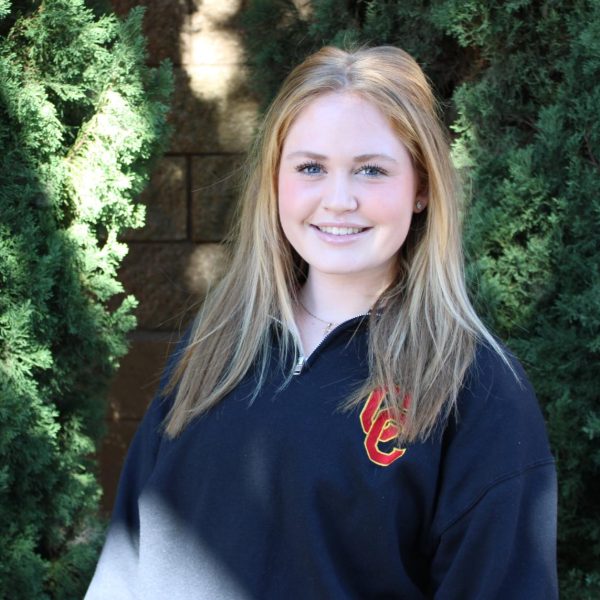
Annelise Motto was born in San Francisco. She moved from the Bay Area to San Diego last year. She is a senior at Cathedral Catholic High School. She played...



